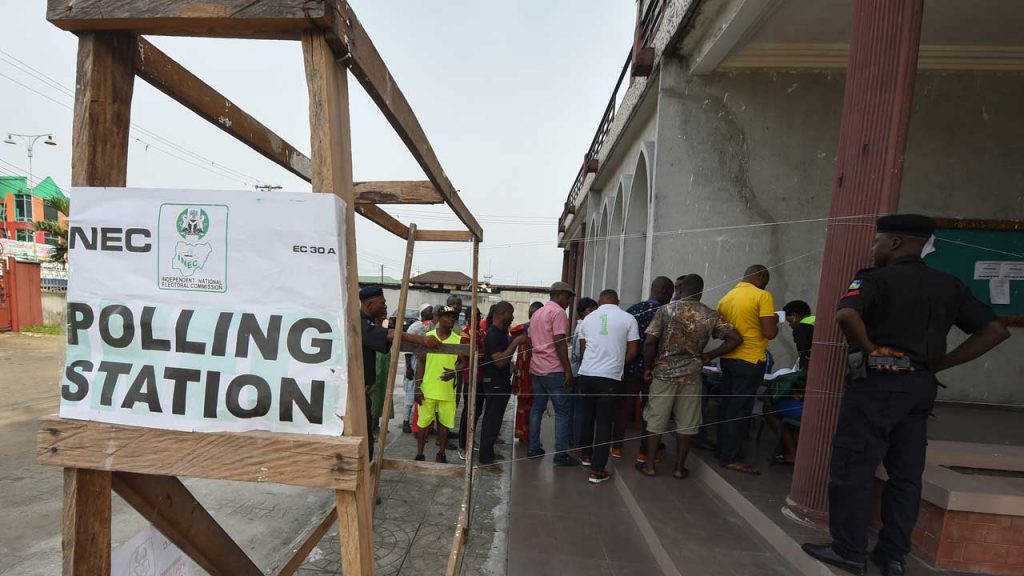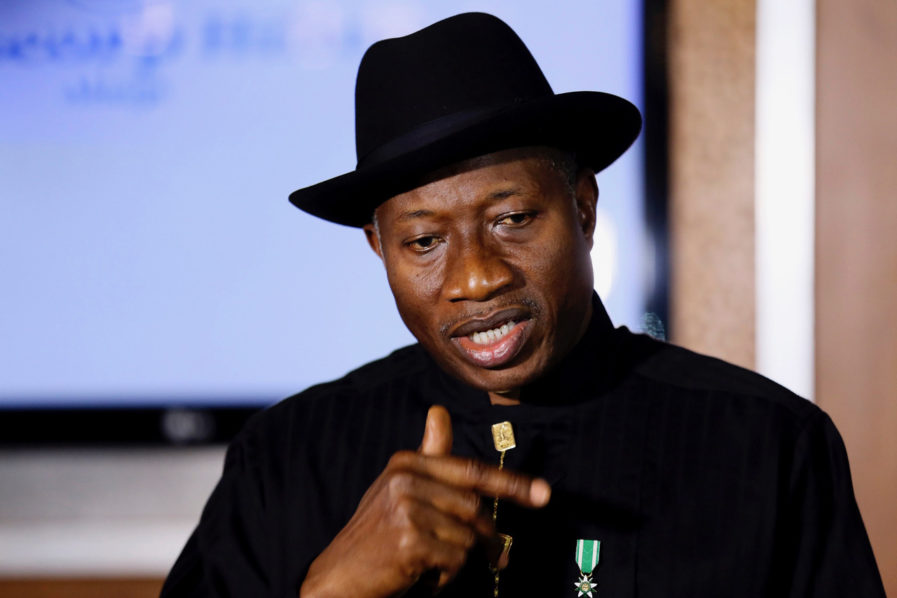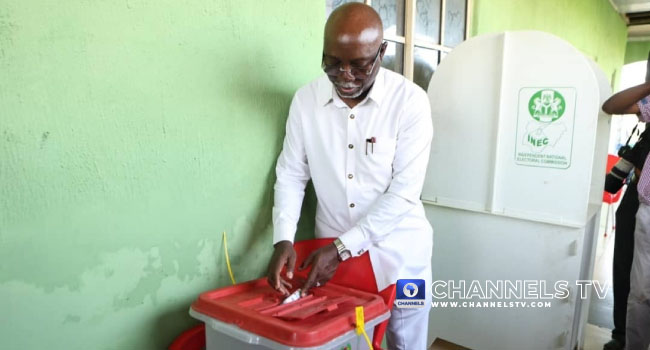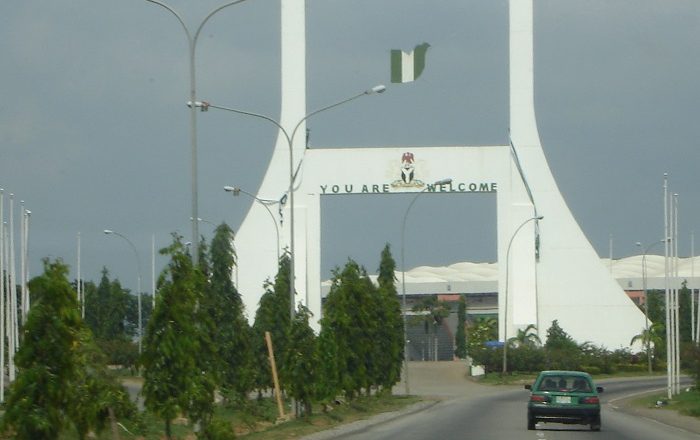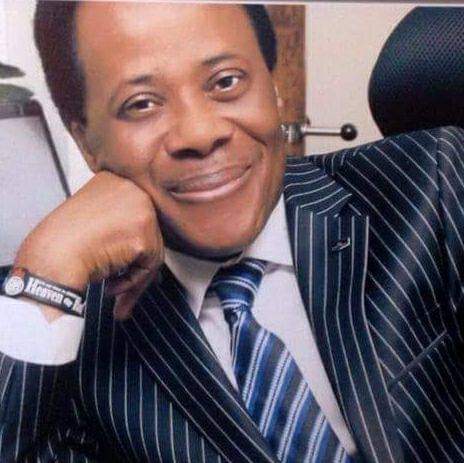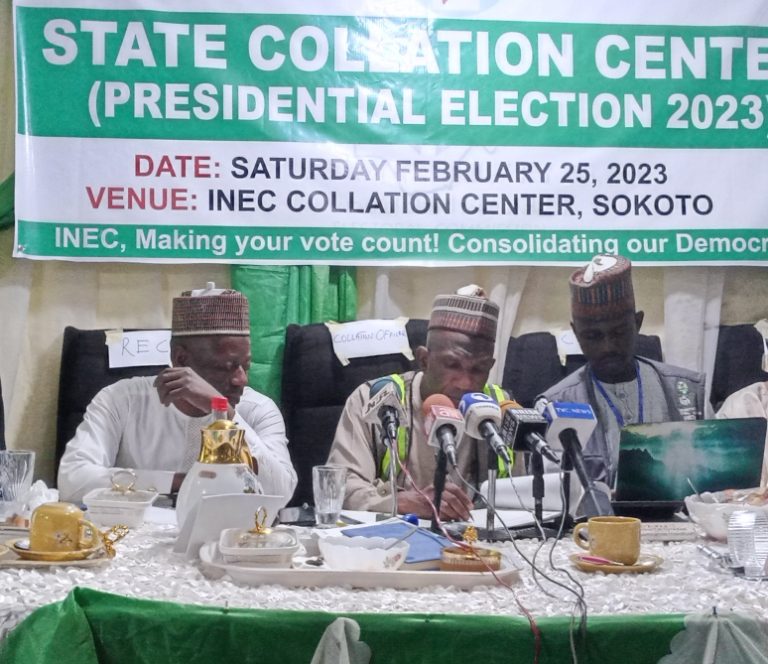The by-election to occupy the vacant House of Representatives seat in Ibadan North Federal Constituency holds today, Saturday.
The by-election became necessary as a result of the death of the former occupant of the seat, Hon Musliudeen Olaide Akinremi.
Akinremi, who died July last year, was a member of the All Progressives Congress (APC).
The election is billed to take place in twelve electoral wards that make up the federal constituency.
Recall 217, 980 prospective voters who have collected their Permanent Voters’ Cards will determine the fate of the candidates contesting the election.
Five political parties and their candidates have been moving from one ward to the other to seek votes.
The Independent National Electoral Commission (INEC), disclosed that only five political parties will participate in the election.
The commission made this declaration on Wednesday.
Resident Electoral Commissioner in the state, Dr Adeniran Rahmon Tella made this declaration during a media briefing in Ibadan, the Oyo State capital.
He said that the commission monitored the primary election of seven political parties but only five political parties made the final list.
Tella said, “The commission has met with various key Stakeholders ahead of the upcoming Bye-Election. We have met with all the registered Political Parties in the State. In line with the timetable, Party Primaries have been conducted and Seven (7) Political Parties were monitored by the Commission. Five (5) Political Parties made the final list published by the Commission.
“The parties and candidates that scaled through and that will be contesting in this upcoming Bye-Election on Saturday are as follows: Hon. Akin Alamu Dexter Femi of African Democratic Congress (ADC), Hon. Olatunji Haastrup Adewale of All Progressive Congress (APC), Hon. Odususi Olajumoke Olabisi of All Progressive Grand Alliance (APGA), Hon. Oyekunle Fola Sunday of Peoples Democratic Party (PDP) and Hon. Hammed Badmus of Zenith Labour Party (ZLP) respectively”.
Five candidates sign peace agreement
Before today, all the five candidates signed a peace accord.
The peace accord was signed by the candidates at the INEC office on Wednesday.
The event was attended by representatives of the political parties, security chiefs and other stakeholders.
The five candidates who signed the peace agreement are: Dexter Femi Akin-Alamu from African Democratic Congress (ADC), Adewale Haastrup Olatunji from All Progressives Congress (APC), Olabisi Olajumoke Odususi from All Progressives Grand Alliance (APGA), Fola Sunday Oyekunle from Peoples Democratic Party (PDP) and Hammed Badmus from Zenith Labour Party (ZLP).
The REC, Mr Tella, while addressing the gathering, noted that the essence of the peace accord is to foster unity.
He added that the commission was committed to conducting a credible election.
He said, “On behalf of the Independent National Electoral Commission, it is my pleasure to welcome you all to this significant event -the official signing of the Peace Accord for Ibadan North Federal Constituency Bye-Election.
“This gathering demonstrates your commitment to promoting peace, stability and credibility in the electoral process. The signing of this Peace Accord is a crucial step towards ensuring a free, fair and transparent election.
“As we embark on this critical process. I urge all stakeholders to adhere to the principles outlined in the Peace Accord. Let us work together to create an environment that allows voters to exercise their rights without fear or intimidation.
“You all witnessed the official signing of the “Peace Accord” by these Political Party Flagbearers and their Parties participating in the upcoming Bye-election on Saturday. The essence of which is to foster a conductive environment for voters to exercise their rights, ultimately contributing to the legitimacy and credibility of the electoral process.
“The Commission had constant engagements with the members of Inter Agency Consultative Committee on Election Security (ICCES) with the Commissioner of Police as the lead Security Agency in this regard. Assurances have been made to ensure safety, protection of lives and property of the electorate before, during and after the conduct of the coming election.
“However, there will also be restriction on movement (except for Voters, Poll Officials) in the affected places within Ibadan North Federal Constituency beginning from 12:00 midnight prior to this coming Saturday’s election.
“There will also be restriction on movement in Twelve (12) Registration Areas/ Wards in Ibadan North Federal Constituency which are: Ward I (Islamic Mission Primary School, Odoye) Ward II (St Stephen Primary School, Inalende), Ward III (Salvation Army Primary School Yemetu), Ward IV (Methodist Primary School, NTA), Ward V (Ikolaba High School, Ikolaba), Ward VI (St Gabriel Grammar School, Mokola), Ward VII(St Louis Grammar School, Mokola), Ward VIII (Chesire High School, Ijokodo), Ward IX C&S New Eden Primary School, Mokola), Ward X (Immanuel College Primary School, Samonda) and Ward XII which is (Methodist Primary School, Bodija) respectively.”
